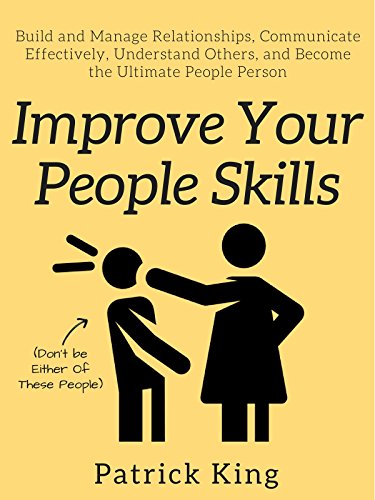Why are questions so powerful?
Questions are powerful for several reasons, spanning cognitive, social, and practical aspects of human interaction and problem-solving. Here are some key reasons why questions wield such influence:
Igniting Curiosity:
Questions serve as the ignition switch for curiosity. When we encounter a question, our brains naturally seek answers to fill the knowledge gap. This process of inquiry stimulates the release of dopamine, a neurotransmitter associated with pleasure and reward, making the pursuit of answers inherently rewarding and encouraging further exploration.
Driving Critical Thinking:
Formulating questions and seeking answers require critical thinking skills. When faced with a question, individuals engage in analysis, evaluation, and synthesis of information. Critical thinking is essential for problem-solving, decision-making, and the ability to navigate complex situations. Questions act as mental tools that promote a deeper and more nuanced understanding of a given topic.
Encouraging Exploration:
Questions are the compass guiding intellectual exploration. They encourage individuals to step outside their comfort zones, challenge assumptions, and explore new ideas and perspectives. Whether posed in a classroom setting, a brainstorming session, or personal reflection, questions invite us to venture into uncharted territory and expand our knowledge base.
Fostering Communication:
Effective communication is built on a foundation of questions. Questions invite dialogue, create space for active listening, and ensure that communication is a two-way street. Open-ended questions, in particular, encourage thoughtful responses and contribute to more meaningful conversations. The art of asking questions is a valuable skill in interpersonal relationships, teamwork, and leadership.
Promoting Engagement:
Questions have a magnetic effect on engagement. When individuals are asked questions, it signals that their input is valued. This recognition fosters a sense of engagement and ownership in the conversation or task at hand. Whether in a classroom, workplace, or social setting, questions draw people into the discussion, making them active participants rather than passive observers.
Problem Solving:
Questions are fundamental to the problem-solving process. They help break down complex issues into manageable components, guiding individuals and teams through the stages of problem identification, analysis, solution generation, and implementation. Well-crafted questions prompt a systematic approach to problem-solving, ensuring that efforts are focused and effective.
Empowering Decision-Making:
Questions play a pivotal role in decision-making processes. They help gather relevant information, assess potential options, and consider the possible outcomes of each choice. Decision-making is a complex cognitive process, and well-framed questions guide individuals and teams through the analysis of factors, trade-offs, and implications, empowering them to make informed and effective decisions.
Building Relationships:
Effective communication is at the heart of building strong relationships, and questions are instrumental in this process. Asking questions demonstrates a genuine interest in others, their thoughts, and their experiences. It creates a connection by showing that one values the perspectives and insights of those they interact with. Thoughtful questions build rapport, trust, and a deeper understanding between individuals.
Adaptability and Flexibility:
In a rapidly changing world, adaptability is a key trait for individuals and organizations. Questions enable a proactive approach to change by encouraging individuals to assess their environment, anticipate shifts, and adjust strategies accordingly. Questions such as “What if circumstances change?” or “How can we adapt to emerging trends?” prompt a mindset of flexibility and preparedness.
Continuous Learning:
Questions are fundamental to the process of continuous learning. Lifelong learners actively seek knowledge and understanding by posing questions to themselves and others. Questions like “What can I learn from this experience?” or “How can I improve for the future?” drive personal and professional development. Embracing a learning mindset involves a perpetual curiosity and a willingness to explore new ideas and information.
Innovation and Creativity:
The birth of innovation is often traced back to a question, such as “What if?” or “How might we?” Questions stimulate creative thinking by encouraging individuals to explore unconventional ideas and solutions. They challenge assumptions and inspire the kind of thinking that leads to breakthroughs, whether in science, technology, business, or the arts. Innovative cultures thrive on a continuous cycle of inquiry and exploration.
Self-Reflection:
Questions are powerful tools for self-reflection and introspection. When individuals ask themselves questions about their goals, values, and actions, they engage in a process of self-discovery. Questions like “What are my strengths and weaknesses?” or “Am I aligning my actions with my values?” prompt individuals to assess their own
In essence, questions are tools of exploration, understanding, and connection. They drive the human pursuit of knowledge, growth, and improvement across various domains of life. The ability to ask thoughtful questions is not only a skill but a mindset that fuels progress and enriches the human experience.




